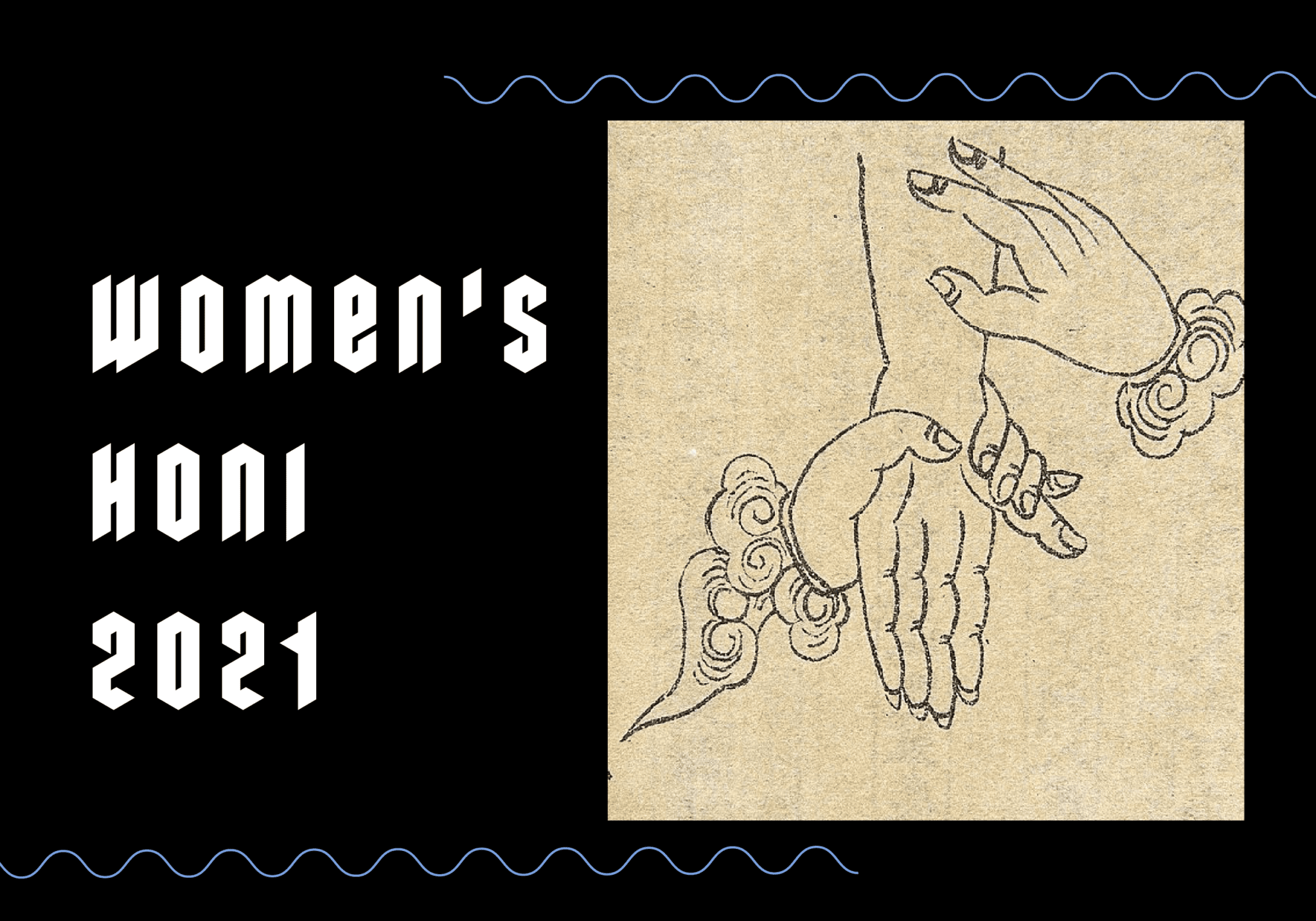While folk medicine is not unique to East Asian communities, the popular appropriation of traditional Chinese medicine is particularly visible in Australian society. From acupuncture to ‘gua sha’ to meditation gurus espousing the importance of a yin-yang balance, Eastern traditional health practices have sauntered, or perhaps been dragged kicking and screaming, into popularity amongst white Australians, often bringing with them inflated price tags.
The thousand-year-old Chinese tradition of zuo yue zi (坐月子), which literally translates into “sitting the month”, is a practice commonly undertaken by women directly after given birth. During this time, a woman must stay at home for forty days. The list of restrictions is long and varied: she must not bathe. She must not expose herself to cold winds. She must not carry her newborn baby. She must follow a strict diet of broths and other herbal medicines. She must not climb stairs or shed tears.
‘Sitting the month’ is just one item in a long list of medical traditions still practiced today. Widely practiced in China, immigrant communities have also established services catering to mothers sitting the month. In Australia, meal delivery services and specialised stay-at-home nannies are available to support postnatal women over their forty-day period of rest.
On its surface, sitting the month appears to be a regimented but relatively harmless tradition. Immigrant communities around the world practice alternative medicine as a method of both healing and connecting with cultural roots. Alternative medicine is often also pursued as a rejection of Western medical institutions that marginalise and dismiss the cultural nuances of diaspora groups. Similar postpartum practices have been documented and are still practiced on the Indian subcontinent (‘jaapa’), Iran (‘chilla’) and Latin America (‘la cuarenta’).
More so than in other areas of health, reproductive health is intimately linked to the cultures and traditions of women beforehand. Knowledge passes from mother to daughter. A girl’s first period. A young woman’s wedding night. A mother’s first baby. These are milestones intrinsically linked with a woman’s femininity, consolidating her place in patriarchal society. Women are reluctant to discuss their reproductive health, and conversations will often take place through hushed whispers and euphemisms.
The dissonances that exist between ancient and modern medicine serve to further complicate the issue. Instead of prescribing bed rest, Western obstetric advice today centres around a mother returning to her full range of activities after birth. Even more controversial is the period of social isolation associated with sitting the month, a known risk factor for postpartum depression. Immigrant communities are particularly likely to shy away from discussions of mental health, and women may feel that seeking help will be seen as a ‘betrayal’ of their cultural roots and of the expected decorum that accompanies them.
While accounting for their nuances, it is important not to disregard the roots or innate value of such traditions, as doing so alienates communities and women within. In ancient times, ‘sitting the month’ may have been the only time peasant women were afforded the luxury of extended rest in their lives. Concepts such as washing with cloths soaked in boiled ginger water rather than bathing in a river may have prevented the risk of postpartum infection. Avoiding cold winds may have protected new mothers’ delicate immune systems, while the consumption of broths may have been essential in preventing malnourishment. Importantly, the custom of having a mother-in-law present for the postpartum confinement would have ensured child raising advice was passed down through generations. Dismissing this cultural knowledge would only further marginalise immigrant communities.
Beyond the scope of childbirth, adherence to alternative reproductive health traditions can also inadvertently silence women. One such example is the ancient notion of a ‘cold’ uterus. This belief states that a woman who ‘neglects’ her body by being barefoot, eating cold foods, or not wearing sufficient warm clothing will suffer from menstrual cramps. As women grow older, superstitions such as these can manifest, for many, in internalised self-blame for occurrences out of their own control. Instead of seeking help, women can risk suffering silently from chronic conditions such as endometriosis and polycystic ovary syndrome (PCOS) for years. The cultural nuances of such issues are not often met with understanding nor empathy by the Western medical establishment.
For many second-generation immigrant women, the idea of speaking about issues of reproductive health incurs a complex hesitance. Already seen as too Anglicised to comfortably belong in their parents’ home countries, they also struggle for acceptance in white-dominated Australian society. Critiquing motherland health traditions is accompanied by fears of being called a cultural traitor or a ‘banana’- yellow on the outside but white on the inside.
S. Lee, a mother who sat the month, writes “The self-blame and doubt still seep through every so often, even years later. When I heard confinement stories from some of my more traditional friends, I felt like I was overly sensitive, not “Chinese enough” and certainly not hardy enough, as though I had failed a personal fortitude test”.
A core philosophical tenet of traditional Chinese medicine is that of balance. Push and pull. Hot and cold. Yin and Yang. Where there exists a contrast between traditional practices and modern Western medicine, there is also unity to be found within. Ardent believers in one will always harbour skepticism of the other. While there may not be an approach to reproductive health that is perfect for one and all, women feeling empowered and safe in their choices is, for me, more than enough.





